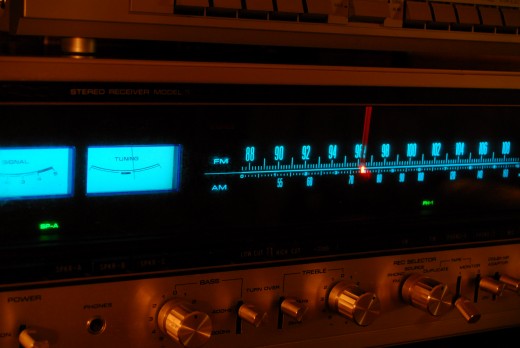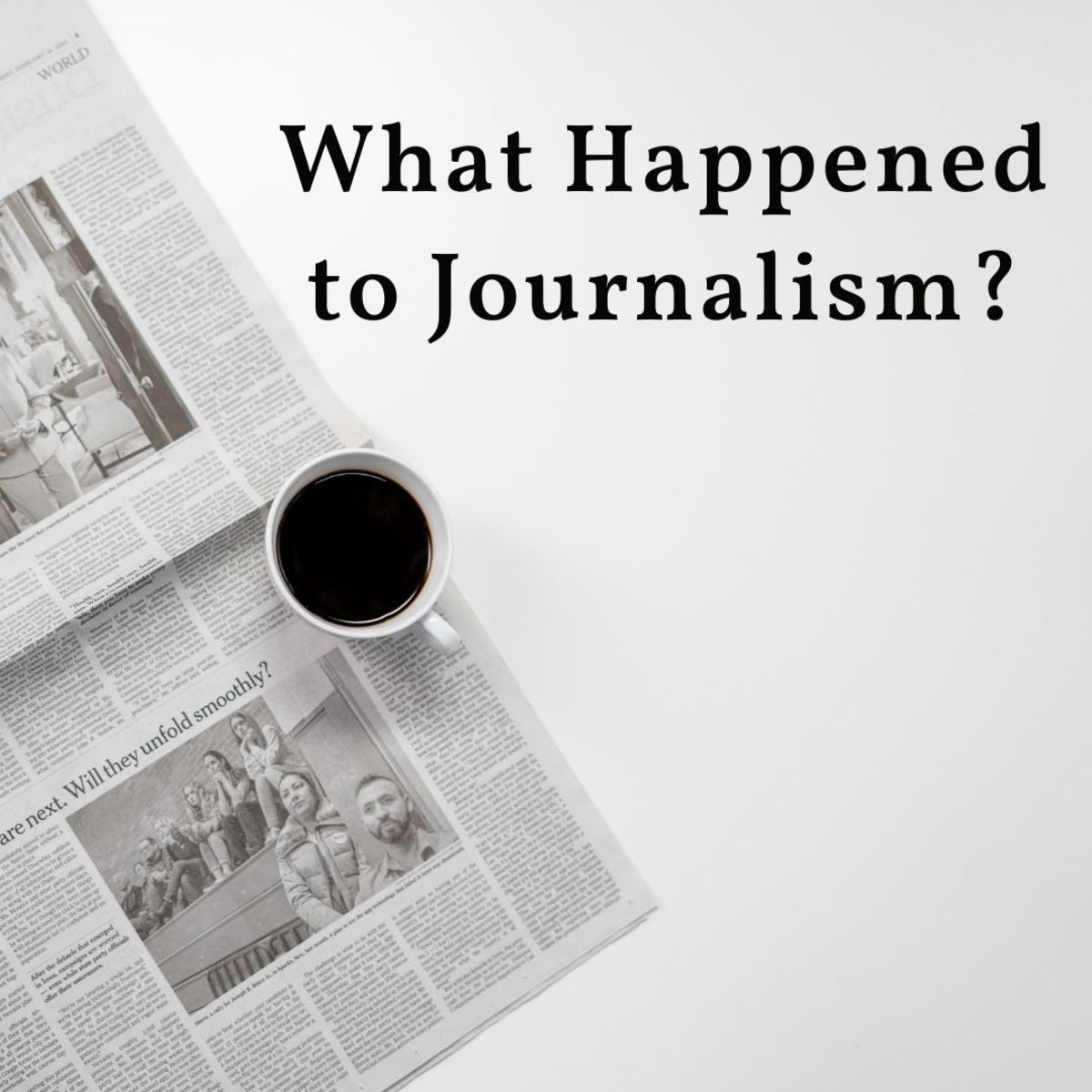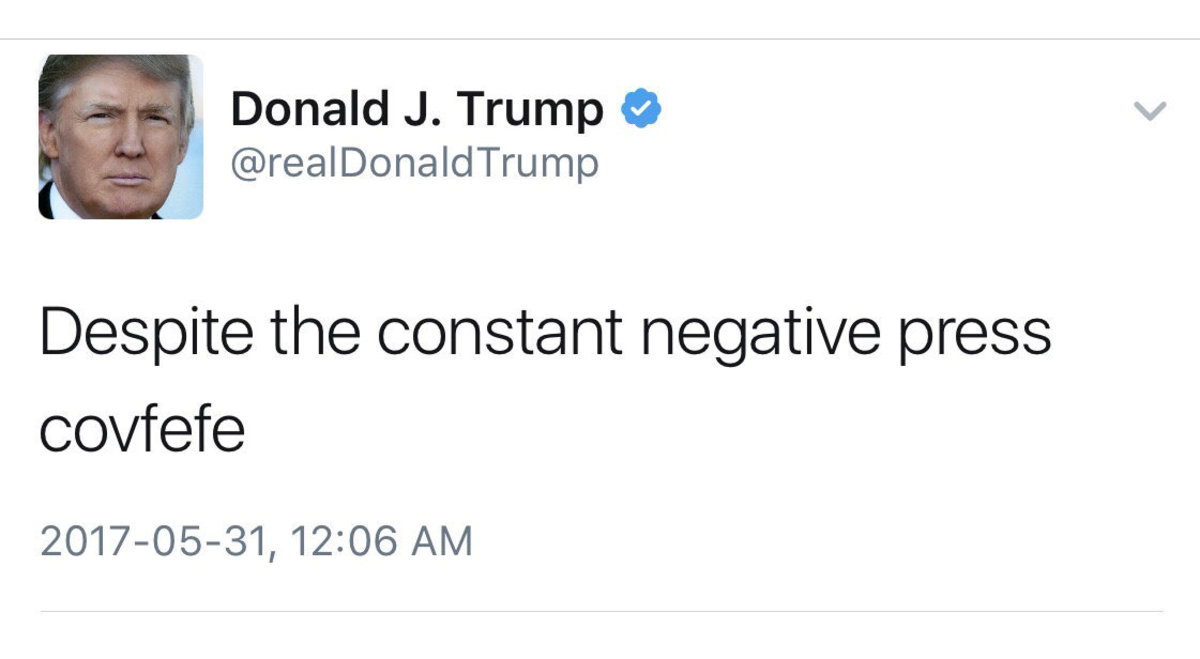Yellow Journalism is Alive and Well
Yellow Journalism: Origin and Definition
Yellow Journalism Is Sensationalism
Yellow journalism--the scourge of every respected journalist and journalism student. The term "yellow journalism" was coined during the time of stiff competition between two American newspaper publishing giants, William Randolph Hearst and Joseph Pulitzer II.
In order to sell more newspapers than the competitor, news was sensationalized and even altered to fit story ideas and the newspaper's dogma. Such practices of delivering "re-created" news were unethical, and still are today--but the practice is alive and well on every news media available.
Sensationalism at the Least
Initially, I began to write an article on the topic of advanced life directives, but became incensed when a current article referred to these directives being explained by physicians to their patients as "death squads." The term was originally coined by Sarah Palin when health care reform legislation was being debated. I paid no attention to the term at the time, imagining she was referring to panels of people who would be looking over patient charts and determining who would receive life-saving treatment and who would not. That, in my opinion, would be a death squad.
The media, always looking for catchy sound bites, latched onto this two word term and continues to use it. As of January 1, 2011, Medicare will pay physicians for counseling their patients on the definition of advanced directives and suggesting the patient consider complete their own. Without getting into the merits or disadvantages of this, I just want to say that in no way does this deserve the "death panel" moniker.
Sensationalism Montage in Major Media




The Good Old Days of News
I was spoiled, I admit it. I grew up watching the news from "Uncle" Walter Cronkite and the Huntley-Brinkley report. Back in those days, for those of you younger than 50 years of age, when the news came on, the reporters did something incredible--they told you the news. They didn't tell you bits and pieces of something, they told you the facts. At the end of the program, well, it was the end of the program. In today's news, the anchors give you their station's or company's view of the news, then they tell you what you just heard and what it should mean for you.
I don't know about you, but as a reasonably intelligent human being, I'm fully capable of learning the news and then determining what it means to me all by myself. I am weary of news anchors who tell you, "Fatal fire kills three, more on the eleven o'clock news." If it's important, tell me now. I don't need a carrot in front of my nose to determine whether I am interested in the news at eleven or not.
Granted, information overload wasn't nearly as prevalent in Walter Cronkite's heyday as it is today. Television, newspaper and radio now have to compete with the immediacy of the Internet. I would like to think they can find a way to do that without diluting the quality of the message.
These days, when I want straight news with no regurgitation, I find myself seeking out BBC News America. This news has neither a right or a left slant--how refreshing.
Resources
Journalism Hubs
- An Insider's Guide to Breaking Into Freelance Journalism
What's the quickest way to build solid writing clips while earning $20 to $30 for a few hours work? If you said writing freelance stories for my local newspaper, then you've no doubt already... - What to Do With a Journalism Degree
If you have a journalism degree, the job market can seem like an exercise in futility as journalism jobs get reduced further and further each year. In the pat two years there have been thousands of journalism... - Media and Journalism Jobs in India
India is the worlds largest democracy with freedom of the press and electronic media. India has tremendous potential in terms of media and journalism jobs. To hit upon a suitable job opening in the mass...








